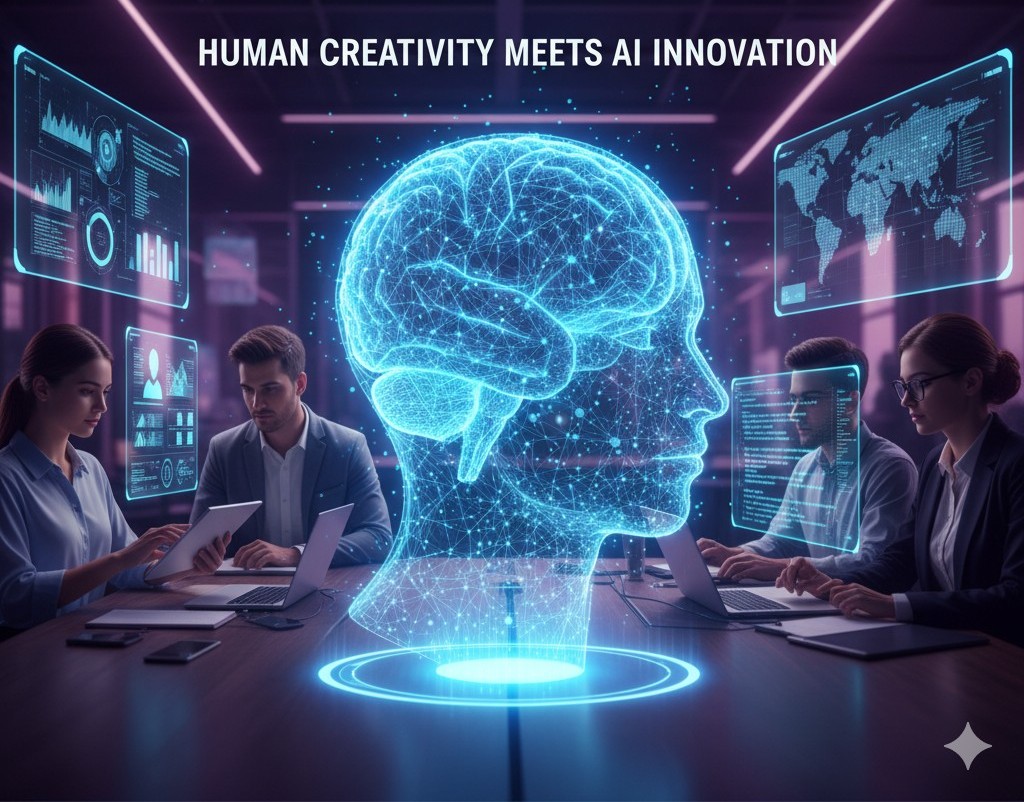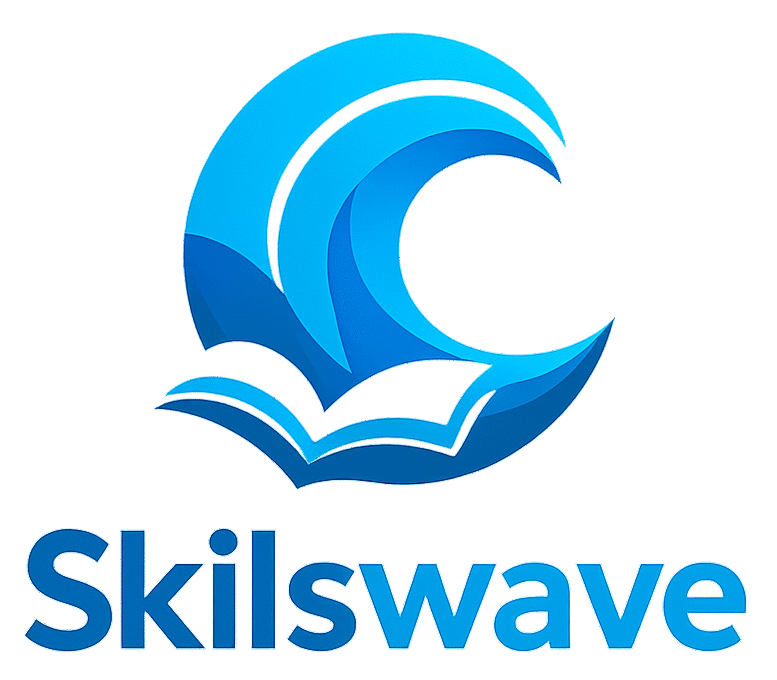The rise of Artificial Intelligence (AI) isn’t just a technological trend; it’s a fundamental shift reshaping the professional landscape, particularly in digital careers. For many, the word “AI” conjures fears of job displacement, but a more accurate picture is one of augmentation, transformation, and the creation of entirely new roles. AI is automating repetitive, data-driven tasks, freeing up human professionals to focus on higher-level, more strategic, and creative work. This article explores how AI is fundamentally changing key digital careers and what you need to do to thrive in this new era.

Digital Marketing: From Manual Tasks to Strategic Command
AI is revolutionizing digital marketing by automating many of its foundational tasks. Previously, a significant portion of a marketer’s time was spent on manual keyword research, data entry, audience segmentation, and performance report compilation. AI tools now handle these tasks with unprecedented speed and accuracy. 📈
- Content Creation: AI-powered content tools can generate basic marketing copy, from product descriptions to email subject lines and even simple blog posts, in seconds. This doesn’t eliminate the need for human writers. Instead, the role of a content creator is evolving from “writer” to “editor” and “strategist,” a professional who leverages AI to generate ideas, drafts, and outlines, then refines and elevates the content with a unique human voice, brand-specific nuance, and emotional resonance.
- Media Buying & Planning: Programmatic advertising platforms, driven by AI, can automatically purchase and place ads, optimizing for cost and performance in real-time. This changes the media buyer’s role from a manual one to a more strategic one, focusing on campaign orchestration, audience targeting, and data interpretation.
- Data Analysis & Personalization: AI excels at processing vast datasets to identify trends and forecast customer behavior. Marketers now use predictive analytics to create hyper-personalized campaigns at scale. This elevates the role of a data analyst from simply compiling reports to providing strategic insights that drive business decisions.
Web Development & IT: Augmentation, Not Replacement
In the fields of web development and information technology (IT), AI is not a replacement but a powerful collaborator. AI tools can write and debug code, automate deployment processes, and enhance cybersecurity measures, making developers and IT professionals more efficient. 🧑💻
- Coding & Development: Generative AI can assist developers by suggesting code snippets, completing functions, and identifying errors. This streamlines the development process, allowing engineers to focus on designing scalable and complex systems. The demand for AI engineers and machine learning specialists—the architects of these AI systems—is soaring.
- IT Operations: AI is automating routine IT tasks like password resets, network monitoring, and system troubleshooting. This frees up IT professionals from repetitive work, allowing them to focus on higher-level functions such as strategic planning, system design, and complex problem-solving. A new role of “AI Operations Specialist” is emerging, focusing on maintaining and optimizing the AI systems that manage the network.
- Cybersecurity: Traditional security methods often struggle to keep pace with evolving cyber threats. AI-powered tools can analyze network activity and user behavior in real-time, identifying and responding to malicious patterns far faster than any human can. This means cybersecurity professionals are moving into more advanced roles, focusing on threat strategy and ethical hacking to stay ahead of sophisticated AI-driven attacks.
What’s Next? New Roles & In-Demand Skills
The AI revolution is creating a demand for new and evolving digital careers that combine technical skills with uniquely human abilities. The World Economic Forum predicts that nearly 44% of workers’ skills will be disrupted in the next five years. To stay relevant and competitive, professionals need to cultivate a blend of hard and soft skills.
- AI Ethics & Governance Specialist: As AI becomes more integrated into our lives, the need to ensure it’s developed and used responsibly is paramount. These professionals address critical concerns like data privacy, algorithmic bias, and fairness.
- Prompt Engineer: This role, which didn’t exist just a few years ago, involves crafting and refining the text-based queries (prompts) used to generate high-quality outputs from AI models. It’s a blend of technical understanding and creative problem-solving.
- Human-Centered UX/UI Designer: While AI can generate design layouts, the need for designers who understand human psychology, user empathy, and strategic vision remains critical. The role shifts to using AI as a tool to rapidly prototype and test designs, allowing the designer to focus on creating intuitive and emotionally resonant user experiences.
To succeed in this evolving landscape, you must focus on skills that AI cannot easily replicate.
- Critical Thinking & Problem-Solving: AI can provide instant answers, but humans are needed to ask the right questions, evaluate the outputs for accuracy and bias, and apply a nuanced understanding to complex, real-world problems.
- Creativity & Innovation: AI is a powerful tool, but it still requires human imagination to generate truly new ideas, stories, and products. The ability to think “outside the box” remains an exclusive human trait.
- Emotional Intelligence & Collaboration: The ability to lead teams, build relationships, and communicate effectively is more valuable than ever. While AI can simulate human interaction, it cannot replicate empathy or true collaboration.
- Adaptability & Lifelong Learning: The single most important skill in the age of AI is a commitment to continuous learning. The digital landscape is changing so rapidly that the ability to unlearn old methods and quickly master new tools will be the key to long-term career success.
Conclusion: The Future is a Human-AI Partnership
The future of digital careers isn’t about humans vs. AI; it’s about humans and AI working together. AI is an incredibly powerful tool that automates the mundane, analyzes the complex, and accelerates innovation. It provides the data, the speed, and the efficiency. Our role is to provide the judgment, the empathy, and the creativity—the very things that make us human. By embracing AI as a partner, upskilling in high-value areas, and focusing on our uniquely human strengths, we can not only survive but thrive in the digital careers of the future. The most successful professionals won’t be those who resist AI, but those who learn to harness its power to achieve things once thought impossible.
Start an Online Business HERE👍
